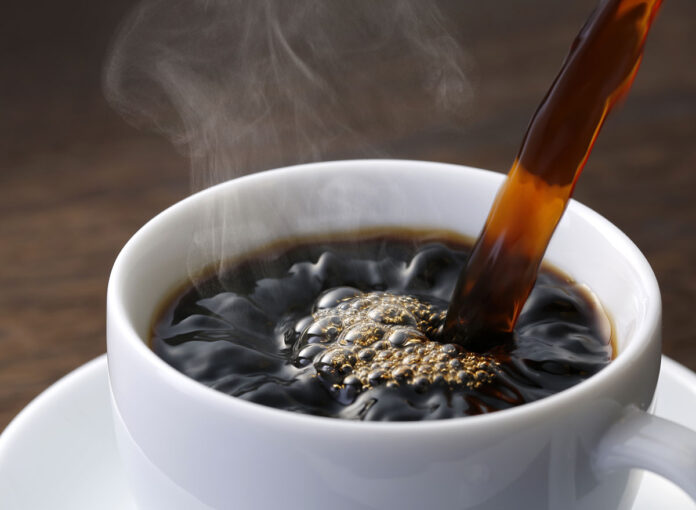Just the thought of drinking a piping hot cup of coffee first thing in the morning makes some people want to run to the bathroom and throw up what’s going on? This phenomenon, often called caffeine-induced nausea, can be disconcerting, especially if you enjoy your morning cup of joe every day. However, there are several reasons why coffee makes you feel nauseous and ways you can avoid it. Let’s look at those reasons and solutions now.
What is Diuresis?
Diuresis is any instance in which a person excretes more water than usual. It’s especially common when people drink too much coffee or other caffeinated beverages, but it can also occur because of drugs like diuretics, antibiotics and some heart medications. Diuresis results in an increased loss of potassium from your body, so be aware that you may need to supplement or change your diet to prevent health complications from occurring as a result.
Keep in mind that diuresis is not necessarily related to fluid loss; depending on your specific case, you may not feel dehydrated at all while you’re losing a lot of fluids through urination. If this is the case for you, drinking more water might help alleviate the symptoms of nausea.
The Role of Antidiuretic Hormone (ADH)
Drinking coffee causes your body to release ADH, which is a hormone that prevents you from urinating. Normally, your body detects increases in liquid and releases ADH to stop you from urinating and cause a buildup of water in your system. But when you’re drinking a lot of water-rich liquids like coffee or tea, it can take away from your body’s ability to detect and hold onto water.
The result is an imbalance that can make you feel dehydrated, even when there is plenty of water in your system. This urge to urinate will also prevent any nausea feeling from being abated because ADH interferes with toxins’ elimination in your kidneys. The risk for dehydration goes up because the concentration of caffeine in your blood will increase due to your body losing water. It can lead to heart palpitations and headaches as well as intense thirst.
What Should I Do?
It may be best for some people not to drink caffeinated beverages before bedtime or throughout the day if they are experiencing morning sickness symptoms (excessive vomiting, nausea). They should continue to hydrate throughout the day by eating foods that contain fluid content, such as fruits and vegetables. If these strategies don’t work, individuals should consult their doctor about other treatment options.
Effects on Nausea with Water Consumption
Water is, of course, an essential substance for survival, however, drinking excessive amounts of water without replenishing it through a balanced diet can have a negative effect on your body. In other words, if you are replacing water from foods such as fruit or vegetables (which are typically high in potassium) with plain tap water, you could be causing yourself to become more nauseated.
The human body has its own mechanism for controlling how much water we need to drink at any given time and can even warn us when we’re becoming dehydrated through symptoms like headaches and dizziness. However, too much water intake can also increase the blood flow away from our vital organs and into our stomachs, which may temporarily cause nausea until your body comes back into balance.
Other Things That Can Cause Diuresis
Diuretics are commonly used in conjunction with laxatives for constipation relief. The two types of medications combined together can cause dehydration, and that’s not a good thing. If you aren’t able to reach a bathroom fast enough when using these combinations, you may experience dizziness or fainting from an electrolyte imbalance. Aspirin and other over-the-counter pain relievers also contain diuretics, which is why many experience a sharp drop in blood pressure when taking them during times of physical exertion.
In the worst cases, this can lead to a heart attack. And then there are those unlucky few who develop Addison’s disease due to the body’s inability to produce hormones like cortisol and adrenaline as a result of long-term exposure to high levels of caffeine (i.e., more than 400 mg per day).
Conclusion
While many people claim that caffeine makes them feel ill, there are many who report no side effects. Caffeine can affect different people in different ways, and it’s always important to pay attention to how you react to food or drinks containing caffeine. If you’re concerned about feeling nauseous after drinking coffee, don’t stop yourself from having a cup in the morning or any other time of day. You may be surprised at what happens and if you aren’t, try another brand next time!


